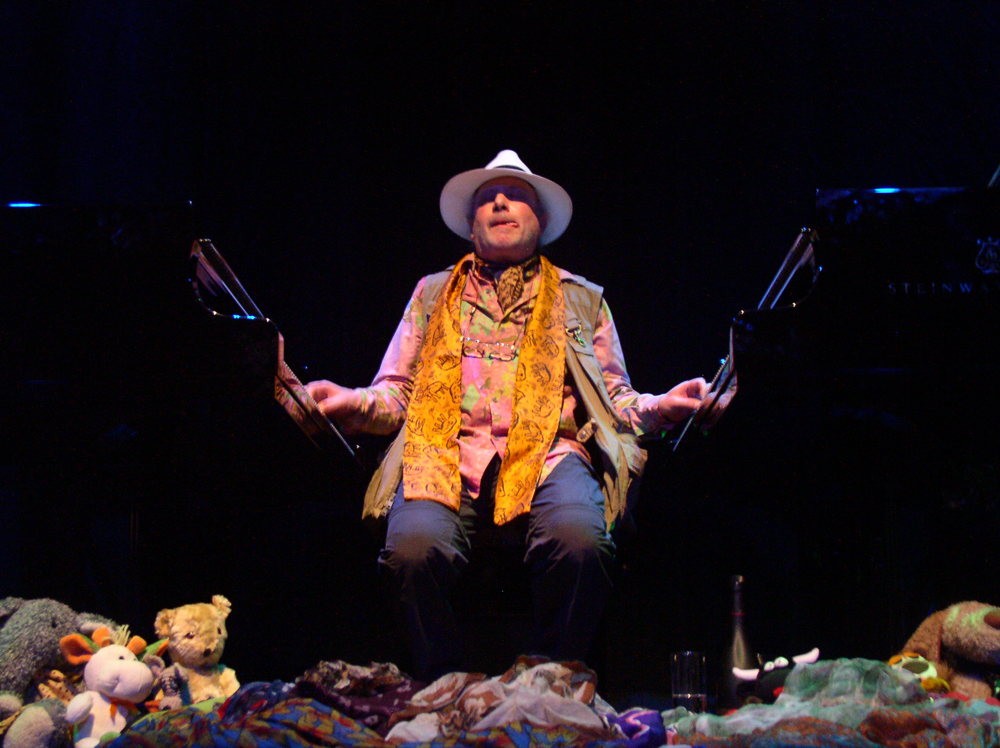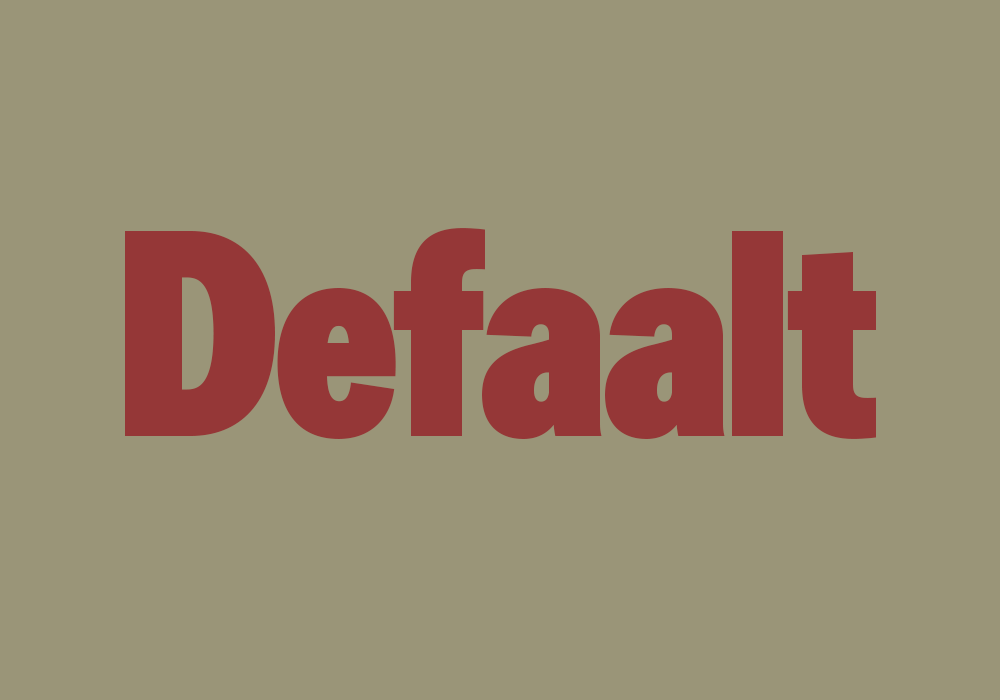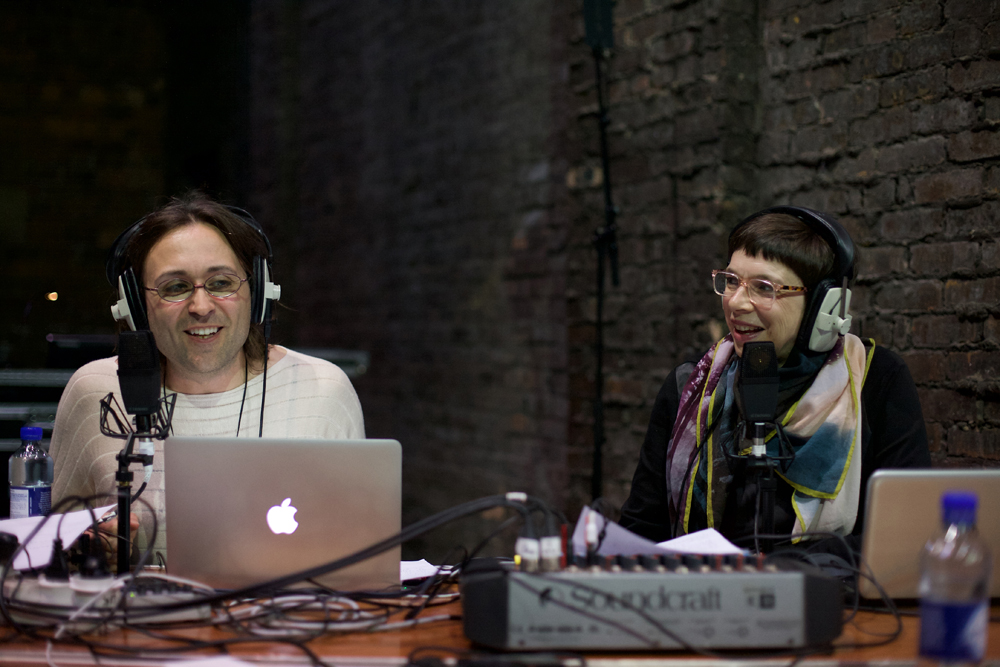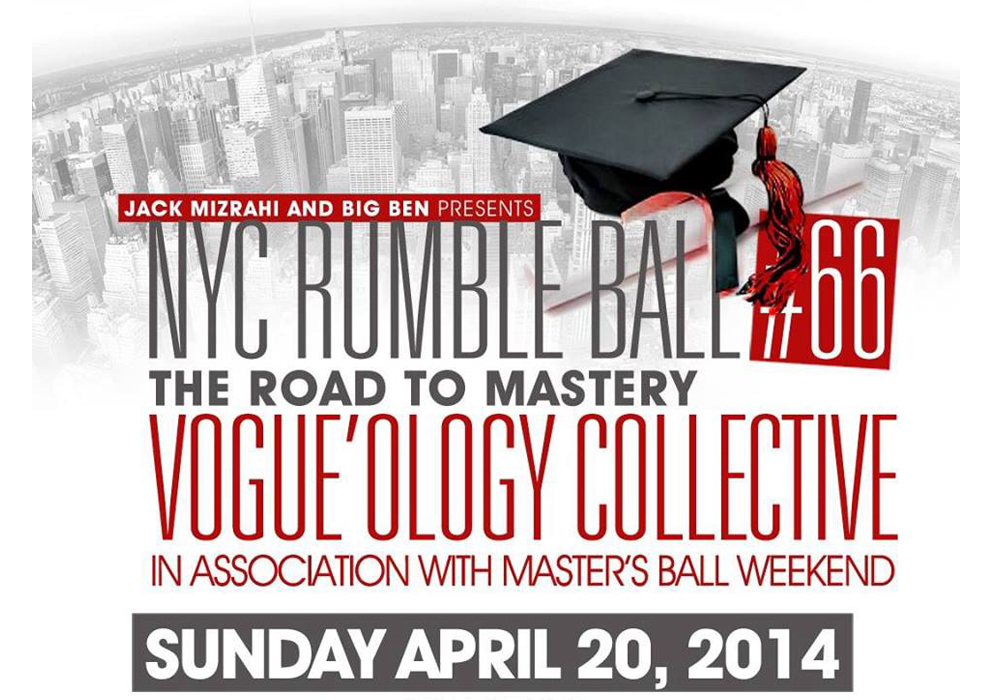
The Golden Mean
Charlemagne Palestine
An extravagant debauch of huge pianos, plush toys, cognac and ritual.
Arika have been creating events since 2001. The Archive is space to share the documentation of our work, over 600 events from the past 20 years. Browse the archive by event, artists and collections, explore using theme pairs, or use the index for a comprehensive overview.

An extravagant debauch of huge pianos, plush toys, cognac and ritual.

A stroboscopic and intense sensory overload of flashing abstract forms, cut to ribbons by modified projectors.

Glasgow based artist Defaalt invites the audience to collaborate fully in his performance by means of a generative graphical interface.

Three documentary films exploring diverse realities of sex workers around the world followed by a closing ceremony of the festival.

The weeks previous TLRS daily radio shows, after-hours conversations, radio booths and special guests reassembled as a live electroacoustic performance.

This mini, late-night ball will include categories inspired by the events earlier in the weekend.

The pieces in the programme switch between silent film/ imageless sound, but we wanted to have a think about how ideas can take up residency on either side of the sound/ image border, without having to inhabit both at the same time.

A specially commissioned performance for organ. “The course of the stars were to be put to sound.”

Hartmut led “a workshop in the old-fashioned way of discussion, mutual exploration of ideas and samples; trying out what can be shared and where the fault lines show.”

A recorded a conversation that grounds the Episode, exploring Ailton Krenak’s thinking and distinct poetics of life; as it work against capitalism and fascism, as a denunciation of political alliances, and maybe even of ‘politics’.

The reknowned artist Kjell Bjørgeengen works collaboratively with innovative musicians to make complex installations. Channels of flickering light are produced in response to and from sound.

Includes: a classic of innovative computer graphics, ex-pat Scot McLaren on form, a riotous psychedelic oil show with a Soft Machine accompaniment, subtle manipulation of data feedback, a colourful road movie and a reworking of a lost Paul Sharits film.